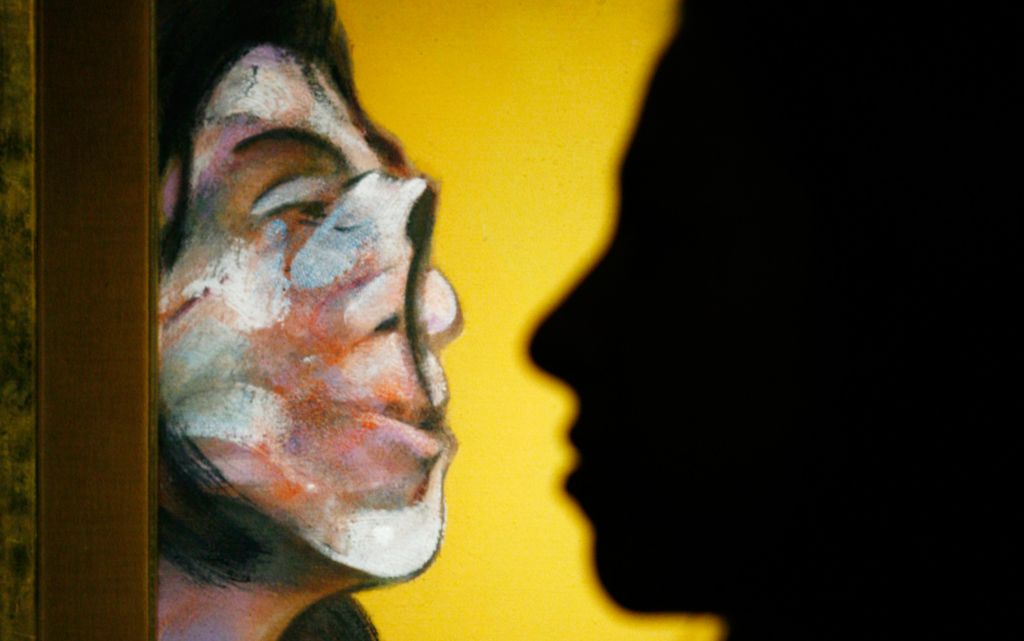Hallucinatory voices seem to be shaped by local culture in the u s the voices are harsh and threatening while those heard by schizophrenics in africa and india tend to be more benign and playful

Hallucinatory ‘Voices’ Shaped by Cultural Influence

When it comes to hearing voices, culture seems to play a significant role in how individuals perceive and interpret these phenomena. Recent research suggests that the nature of hallucinatory “voices” experienced by individuals with schizophrenia varies across different cultures, with distinct differences noted between the voices heard in the United States compared to those in Africa and India.
According to a study conducted by Tanya Luhrmann, an anthropologist and professor at Stanford University, individuals with schizophrenia in the United States often report hearing harsh and threatening voices. These auditory hallucinations are described as derogatory, abusive, and demanding, creating a sense of fear and distress for those affected.
On the other hand, Luhrmann’s research found that individuals with schizophrenia in Africa and India tend to experience more benign and playful voices. The voices heard in these regions are often described as familiar, friendly, and even supportive. Individuals may feel comforted and guided by these voices, seeing them as companions rather than adversaries.
The stark contrast in the characteristics of these hallucinatory voices suggests that cultural norms and beliefs heavily influence the content of these auditory experiences. Luhrmann’s study highlights the importance of considering cultural factors when studying and diagnosing psychiatric disorders like schizophrenia.

One possible explanation for these cultural differences can be attributed to the influence of social and cultural contexts on individuals’ interpretation of their symptoms. In Western societies, where individualism and autonomy are highly valued, the threatening and negative voices experienced by individuals with schizophrenia may reflect a cultural emphasis on self-criticism and high personal standards. Conversely, in African and Indian cultures, which tend to place more importance on interconnectedness and collective well-being, the more benign and playful voices may arise from cultural beliefs in communal support and spiritual connections.
It is important to note that the variations in hallucinatory voices across cultures do not undermine or invalidate the experiences of individuals with schizophrenia. Rather, they shed light on the intricate interplay between culture, cognition, and mental health. Understanding these cultural nuances can contribute to more effective and culturally sensitive treatments for individuals with schizophrenia worldwide.
While Luhrmann’s study provides valuable insights into the cultural influences on hallucinatory voices, further research is needed to fully understand the complex relationship between culture and mental health. By considering the cultural context in the assessment and treatment of psychiatric disorders, healthcare professionals can provide more personalized and holistic care that respects the unique experiences of individuals from different cultures.
Source: Stanford University - Voices in your head are shaped by culture
Tags
Share
Related Posts
Quick Links
Legal Stuff

